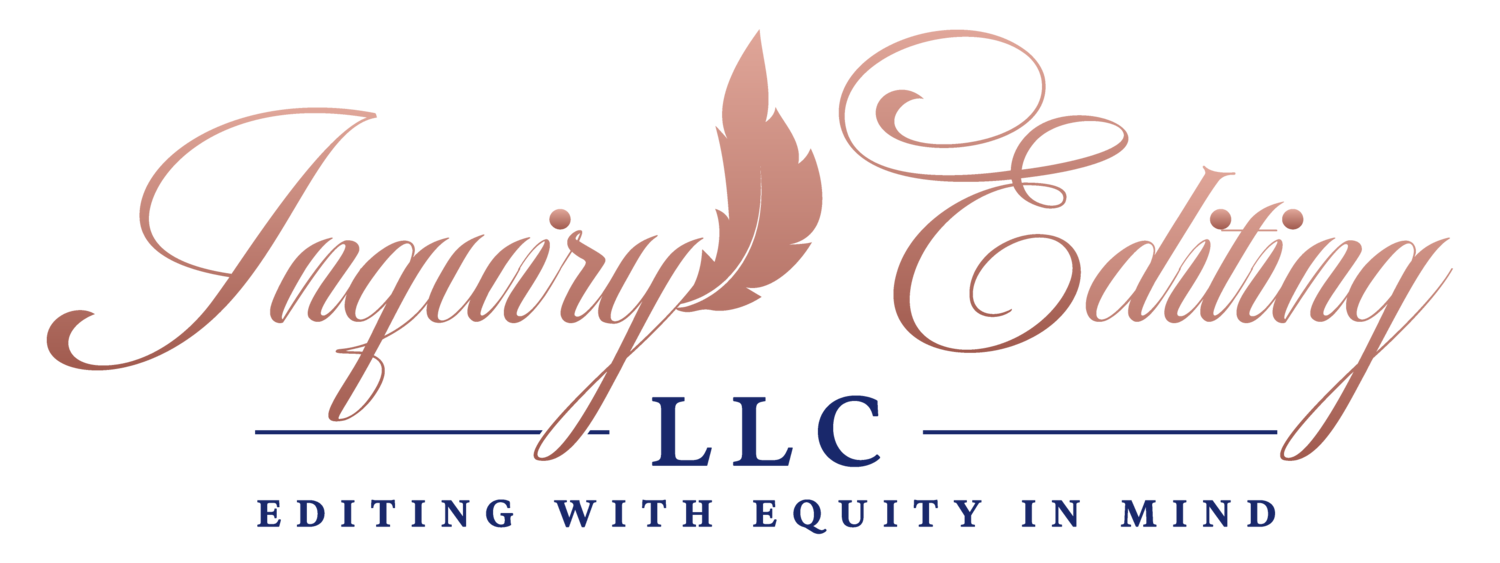The Problem with Focus
One Sunday in October 2002, I woke up around 7 am. Too early to eat. Too disinterested in a problem set. I grabbed a Margaret Edson’s W;t, an impulse buy from the campus bookstore. I curled up in bed with it and didn’t stop until I was finished. Granted, it was play and I was finished in time to catch one of Forbes College’s legendary brunches. But, I read the whole thing in about two hours, pausing to laugh, sigh, and read portions aloud pretending I was every one of the characters.
This is what people say focus looks like.
It isn’t.
This is the one for whom focus plays wingperson: interest.
That’s the problem. Focus flirts with you as a writer. You think you’re interested in focus. Focus has bought you a drink and sidles up to you asking all the right questions. But somehow you don’t really hit it off with focus because focus is grooming you to see if you’ve got what it takes to link up with the person focus arrived with: interest.
And, for good or for ill, focus and interest are a package deal. Make no mistake though, interest is the catch.
Writers often grow concerned about their ability to focus. They blame the prevalence of screens, lack of sleep, too much (or too little) caffeine, the click-bait of social media, etm. (Yes, I meant “etm;” it is a thing. Look it up.) Some of those factors contribute to whether one can focus. But, I often find that writers are not working on the part of the manuscript they love or not in the part of the process they love.
Sometimes, that disinterest is unavoidable. Academics often have to read texts that we dislike to explain a portion of our argument or our literature review. Sometimes writers copy lines or are reading a writer that isn’t our absolute favorite. There is also the tedium of proofreading, checking copy-edits, or reviewing page-proofs. That difficulty tends to be surmountable – depending on your frustration tolerance.
On other occasions, I wonder if folks cannot concentrate because they haven’t wrapped their mind around what they love about the project. Or, the voice in their head screaming mean things (yes, everyone has one) is louder than the one gently urging them to keep on.
In either cause, I urge you to pause. Ask yourself: why did I start this project in the first place? (Or, why did I agree to do this for so-and-so?) What do I find interesting about it? Who am I honoring or loving with this work?
In February 2012, when I was in throes of writing my first book, there were weeks I couldn’t stand sitting at the computer. I felt tired, angry, and stupid. I couldn’t figure out why. Then, Evelyn Al-Sultany said to me: “You’re telling a story about Blacks and Arabs in the US. What do you want to say?” Meditating on that question pulled me toward the folks I was trying to honor. No longer was it “I’m writing this to get tenure.” Instead, I thought “This is my opportunity to love on folks who don’t get enough love in the literature. This is my chance to say shukran, thank you, asalaam walekum, peace be upon you, to the people who are in my community and to the people whose literatures I get lost in. I get to write about bodies making political sense against the narrative that my personal is not political.”
In short, I found interest. And focus tagged along. A nice, quiet, and – crucially – welcome third wheel.
If you like this newsletter, please look at the others. Please subscribe and pass it on. Also, please keep in mind that I am taking clients. So, feel free to book a consultation.
